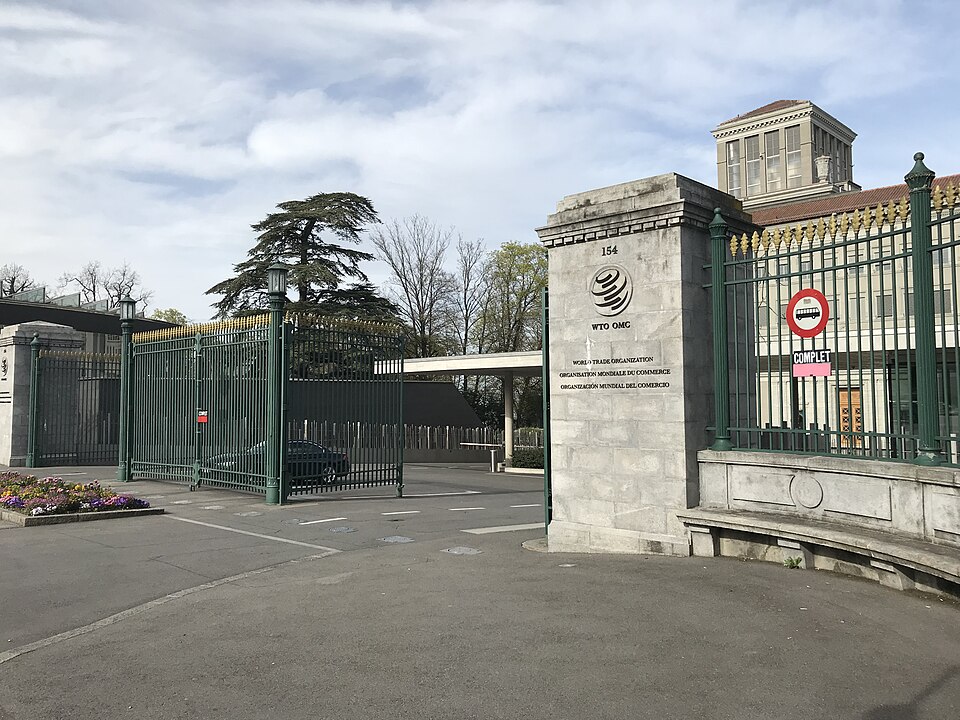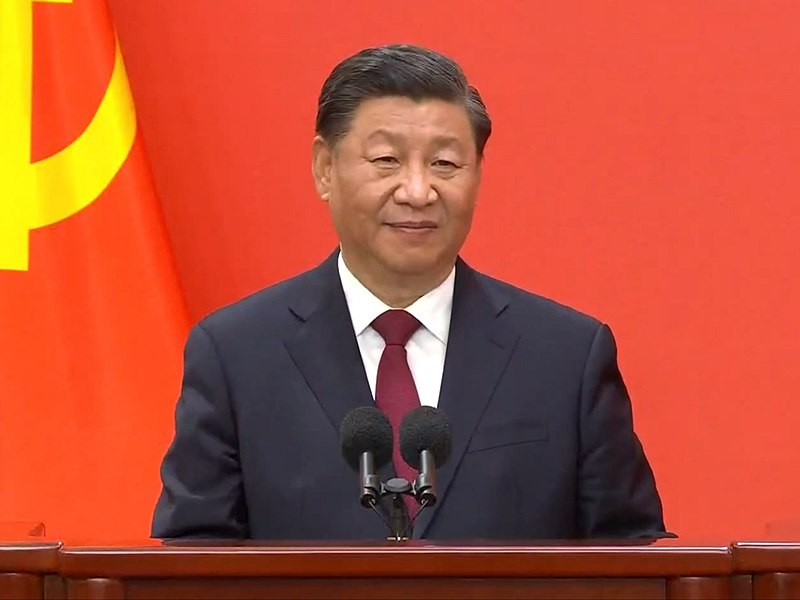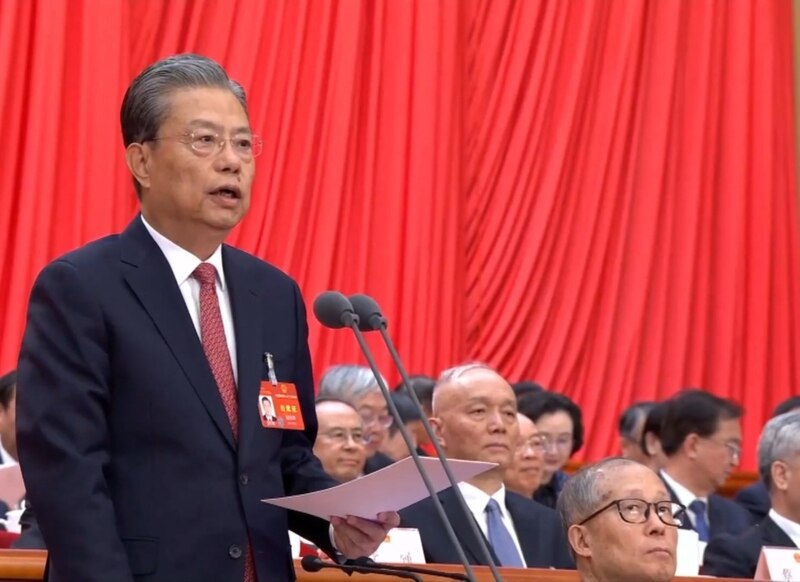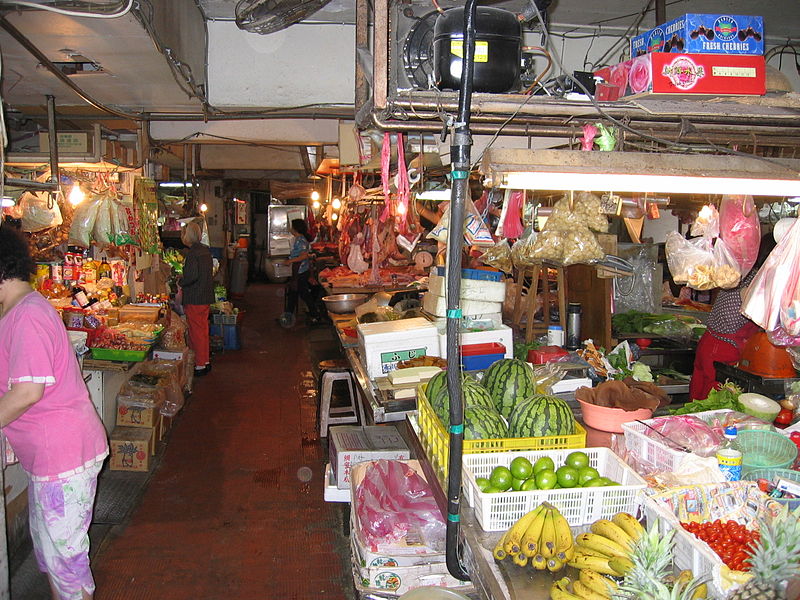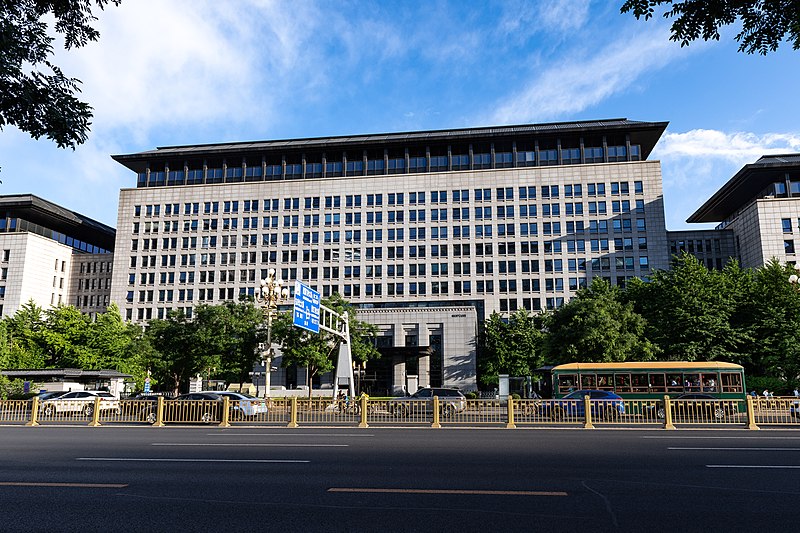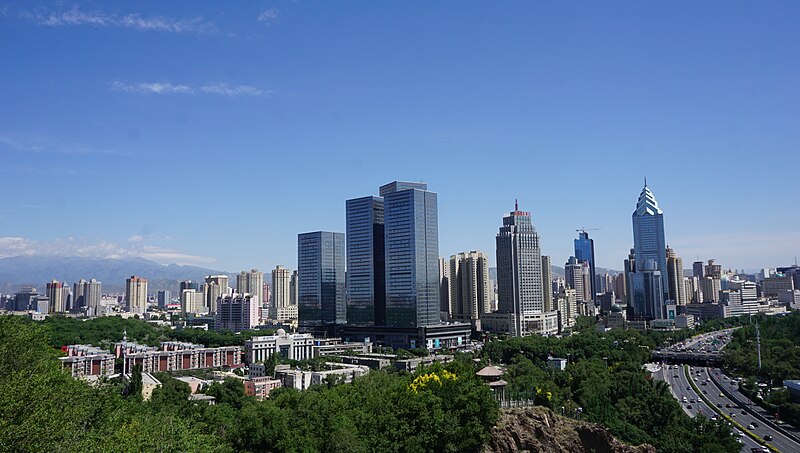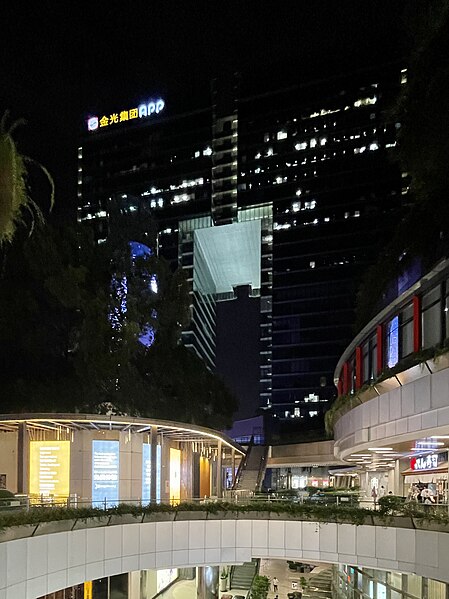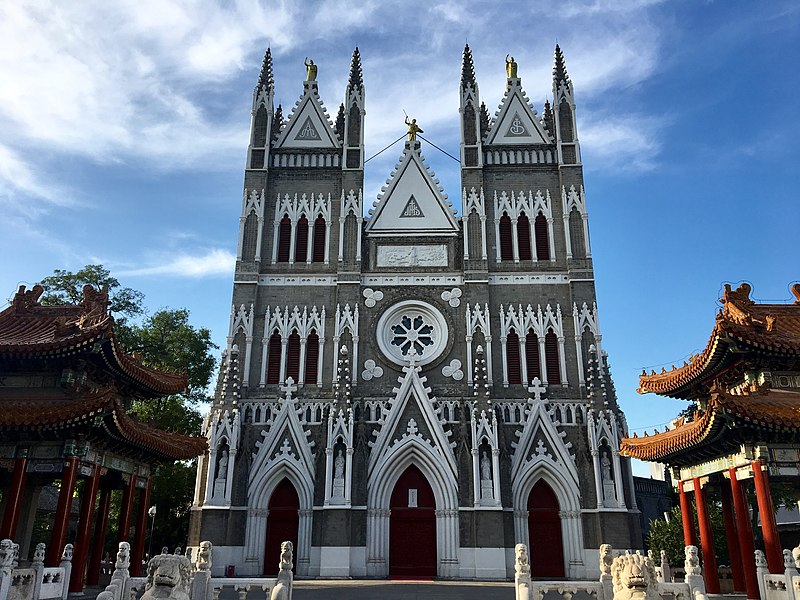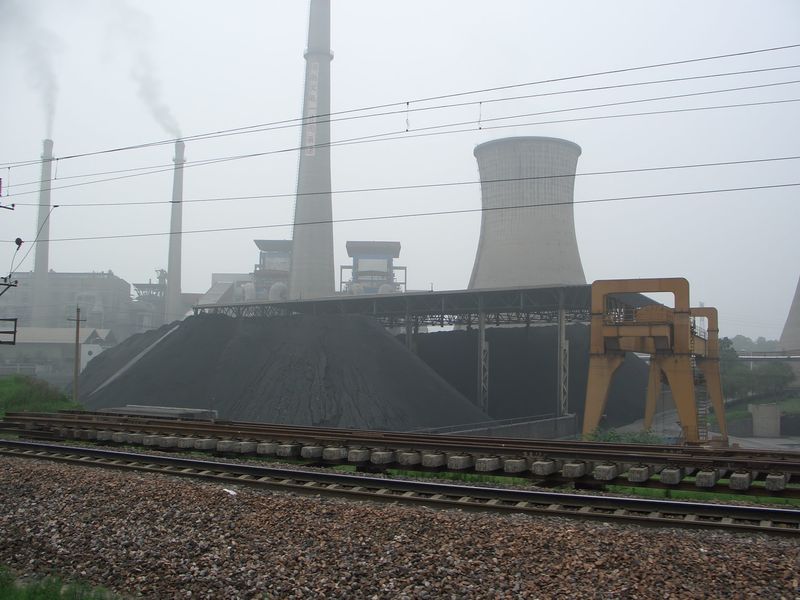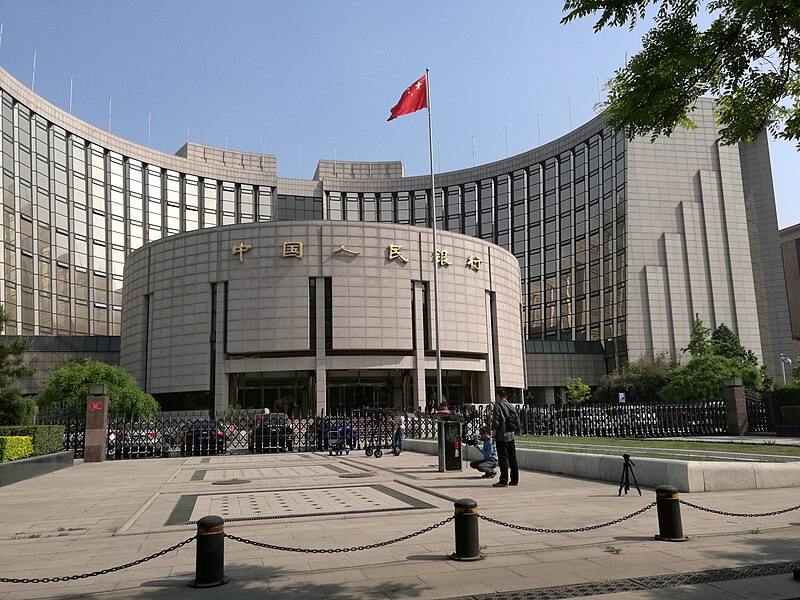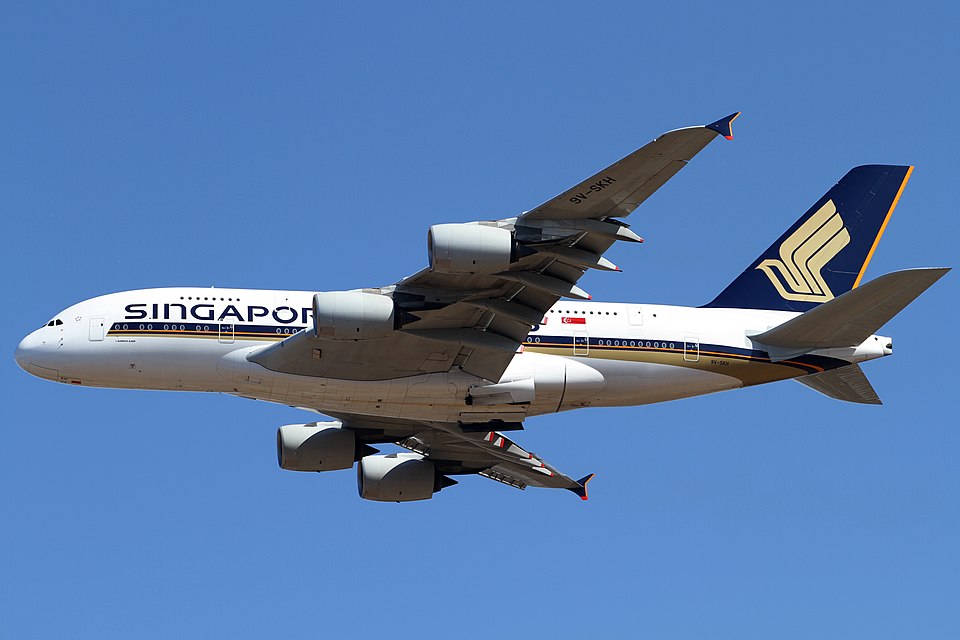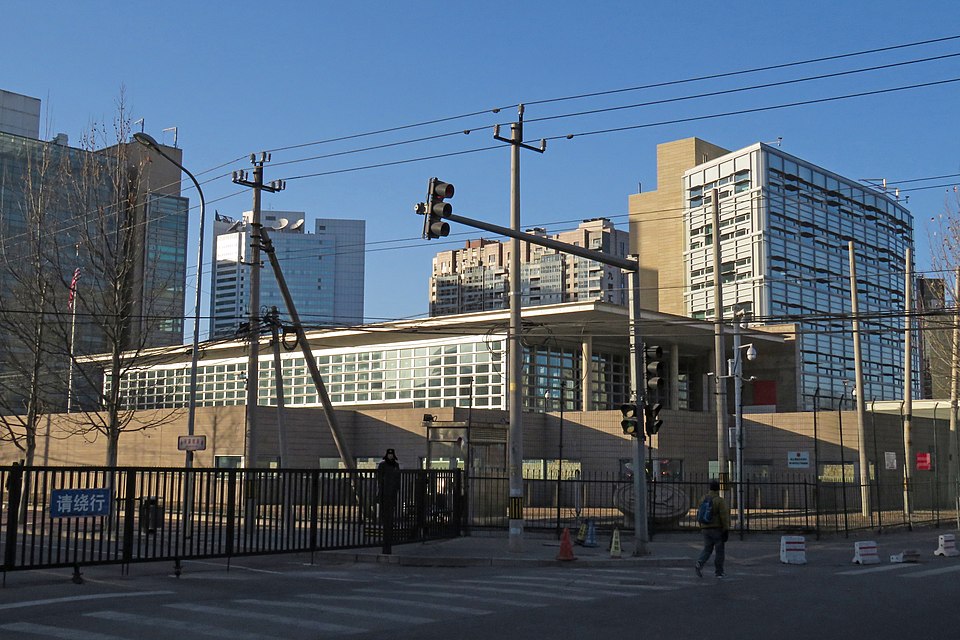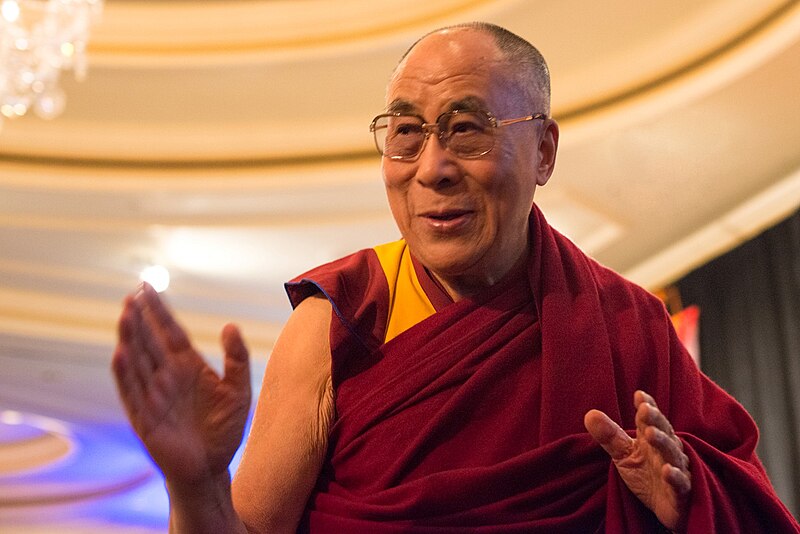
China has expressed hope that the Dalai Lama will "return to the right path" and has stated its openness to discussions regarding his future, provided certain conditions are met.
However, the Tibetan parliament-in-exile in India has dismissed these preconditions.
The Dalai Lama, the exiled spiritual leader of Tibetan Buddhism, will turn 90 in July. Having fled Tibet in 1959 following a failed uprising against Chinese rule, he has voiced a desire to return to his homeland before his death.
China’s Foreign Ministry spokesperson, Guo Jiakun, stated in a press conference that Beijing is willing to engage in talks about the future of the Nobel Peace Prize laureate, but only if he abandons what China perceives as a separatist stance.
Guo’s remarks were in response to questions about the recent death of the Dalai Lama’s elder brother, Gyalo Thondup, who had previously acted as an informal envoy in discussions with Chinese authorities. Thondup passed away on Saturday at the age of 97 in Kalimpong, India.
According to Guo, the Dalai Lama must explicitly acknowledge that Tibet and Taiwan are inseparable parts of China, under the governance of the People's Republic of China.
However, Dolma Tsering Teykhang, deputy speaker of the Tibetan parliament-in-exile, dismissed these demands.
"It is not feasible for His Holiness to tell lies; that is not going to happen," she said from Dharamshala, the Indian Himalayan town where the Dalai Lama resides. "If they require His Holiness to declare Tibet an inalienable part of China, it would be a distortion of history. Peace and amicable solutions cannot be achieved by altering historical facts."
Although the Dalai Lama relinquished his role as the political leader of the Tibetan government-in-exile in 2011—a body China does not recognize—official negotiations with Beijing have remained stalled. However, Teykhang acknowledged the existence of back-channel discussions, though she refrained from sharing specifics.
As the Dalai Lama advances in age, the question of his succession has gained prominence. Beijing insists it will determine his successor, whereas the Dalai Lama has maintained that he will clarify matters related to his reincarnation, including whether and where it will occur, around his 90th birthday in July.
In a brief conversation with Reuters in December, the Dalai Lama expressed confidence in his longevity, suggesting he could live to 110 years.
Teykhang, who was born in Tibet, remains optimistic about the prospect of the Dalai Lama’s return, driven by the aspirations of people within China.
"I'm very hopeful that His Holiness will visit Tibet and return to his Potala Palace," she said. "Very hopeful." Photo by Minette, Wikimedia commons.

